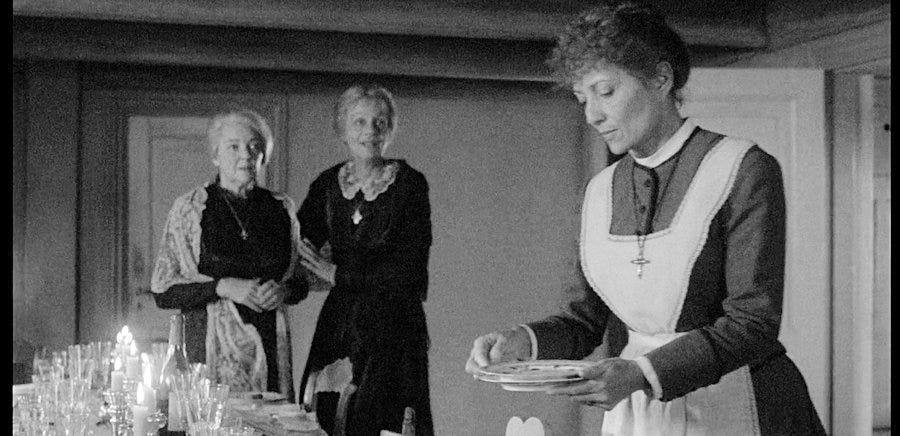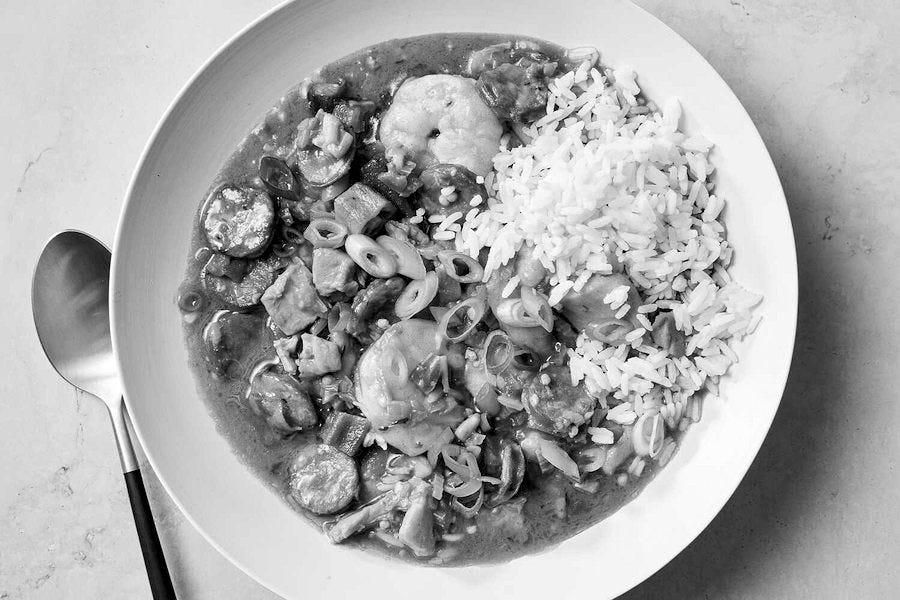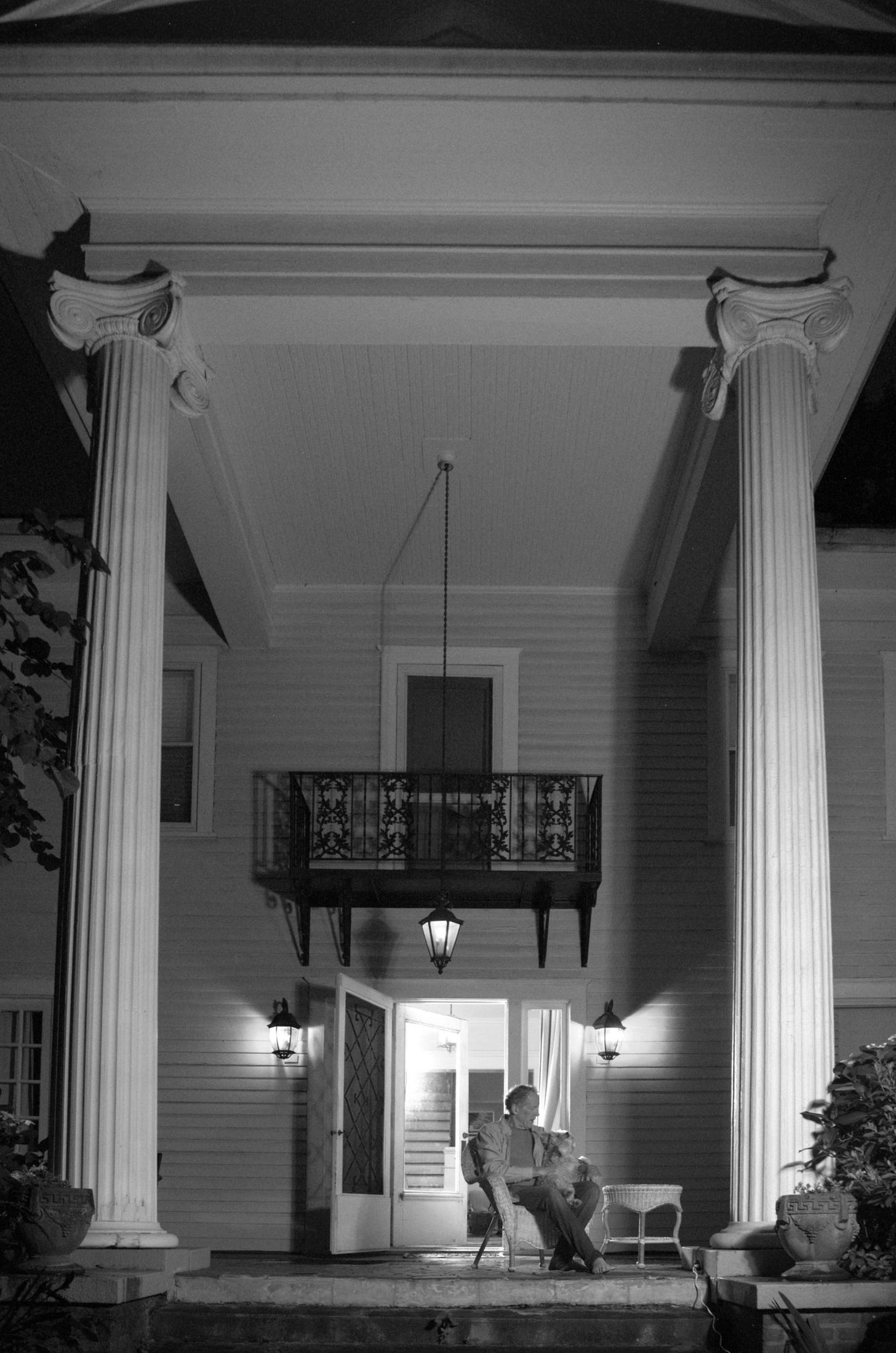The Afterglow
After the last plate had been washed, I sought the afterglow alone for the first time in my life.
BONDO: A DIVINE COMEDY ABOUT LOVE AFTER LOSS will be released next week.

I will send out an invitation to purchase the book at half price. My goal is to garner reader reviews on Amazon and hopefully continue my writing career. I know, a lot of responsibility to put in your hands, but I’m not above asking.
Each of my four memoirs asked a different question:
FORTUNE: “The most important question in the universe is the one nobody wants to ask: ‘Why does stuff happen?’”
RUMI COMES TO AMERICA: “How did a teacher of Islamic jurisprudence rise from obscurity in America to become our most popular poet 700 years after his death?”
UPLIFT: “Is there a hidden engine of continuous renewal, and how do we harness it?”
BONDO: “After a profound loss, if you say yes to everything, will you find love again?”
To whet your appetite, here is a short scene from BONDO: A Divine Comedy about Love after Loss. It’s set on my birthday, two days before the one-year anniversary of Karen’s death.
Back in the day, after the last plate was washed, Karen and I would bask in the afterglow.
Legs up, Van Morrison playing in the background, we’d measure the return on investment from our monumental effort, knowing that there was no metric for afterglow.
To understand afterglow, re-watch the final scene of Babette’s Feast, the 1987 Oscar winner for Best Foreign Language Film.
The Scene: Babette, a hard-working French cook in a Danish convent, reflects on what to do with the 10,000 francs she won in the lottery. Feeling inspired, she asks the convent sisters if they would let her prepare a gourmet meal for their pastor’s celebration. Babette orders wines, live quail, turtle, and other delights from Paris despite the skepticism of the sisters, who are content with meager fare.
Amid the magical wonder of the feast, old quarrels are healed, and past sins are forgiven. As the dinner comes to a close, the stoic parishioners spontaneously join hands to dance. Too tired to stand, Babette sits alone, staring into an emptiness beyond space and time — the afterglow.
The sisters declare, “That was a very good dinner. We shall all remember this evening when you are back in Paris.”
In a stunning moment, Babette declares she had been the head chef at Café Anglais in Paris. Then she reveals, “I’m not going back to Paris. There is no one waiting for me. They are all dead. And I have no money.”
Shocked, one of the sisters asks, “What about the 10,000 francs?”
“All spent,” Babette replies.
“But dear Babette, you should not have given everything you owned for us.”
Babette replies with the most poignant quote of the film:
“An artist is never poor.”
After Karen and I saw Babette’s Feast, basking in the afterglow became our sacred rite.
We had watched the film with friends Richard and Kathleen at the circa 1929 Nuart Theatre in Los Angeles. After watching Babette prepare quail in a puff pastry shell with foie gras and truffle sauce, we were starving. We piled into my 1970 Datsun and looked for a bite, salivating at the swanky restaurants with rows of Mercedes and Jaguars parked in front.
“Let’s go there,” Richard announced, shocking us with his swagger.
I must have been in a state of radical acceptance because my little car swerved under the red awning and let the valets reach for the doors.
“Good evening. Will you be dining with us tonight?”
“This is just lovely,” Karen replied sweetly. “Thank you.”
We were greeted inside by the maître d’, who peered suspiciously at a young foursome in jeans with skimpy wallets. “Do you have reservations this evening?”
“No, we just saw Babette’s Feast and felt we must come here,” Karen explained with otherworldly logic.
“Well, very good. Follow me.” The befuddled monsieur led us to a puffy, all-leather, semi-circular banquet with a commanding view of the center-stage fireplace. I assumed they had been holding it for Orson Welles, who didn’t show. Timing is everything, but that was then.
Flash forward to my first birthday, basking in the afterglow alone.
Babette taught me that the afterglow comes from a world of pure love. This is the return on investment. With thoughts of Babette on my birthday, I prepared Meera Sodha’s Chicken Curry (gingery, garlic-flecked tomato sauce with deep notes of cinnamon and cumin, and a low flame of chile heat, surrounding small chunks of skinless chicken thigh), and the nuanced cauliflower, cashew, pea and coconut curry, plus my trademark Thai Butternut Squash Soup (spiced with hand-smashed lemongrass stalks).
Alone in the afterglow, Miko and I went out to the porch.
I kicked off my shoes, and I summoned my imaginary partner in crime, Henny Youngman.
Over his 60-year career, Henny must have kicked off his shoes a thousand times after delivering long nights of bad jokes, cold food, and swollen feet.
“That was a big push, Henny,” I announced.
“Are you complaining?” he replied with a whiff of Yiddish.
“I want to say no, but maybe I am.”
“Listen, kid.”
“I’m no kid.”
“You are to me. But let’s get real about life. My final movie appearances weren’t handed to me on a platter. I did a cameo as a mental patient claiming to be Henny Youngman. How do you think that made me feel?”
“My meditation teacher said I’m claiming to be Bruce Miller.”
“See! You don’t need to feel so special.”
“You got a point.”
“And before that,” Henny continued, “I was a strip club owner in Herschell Gordon Lewis’ horror splatter film, The Gore Gore Girls.”
“Wow! Herschell Gordon Lewis!? He was our hometown gore-porn filmmaker and the father of one of my childhood buddies. My best friend’s girlfriend got sawed in half in The Wizard of Gore!”

“Ya see,” Henny softened like a mensch, “Herschell proves it doesn’t matter what you do, just that you do it.”
“I guess.”
With Miko and me as a captive audience, Henny became animated.
“In the pivotal scene of Gore Gore Girls, a stripper named Pickles is murdered,” Henny exclaimed. “Her buttocks are mutilated with a meat tenderizer hammer before they are salted and peppered!”
“Geezus.”
He went on. “My role was to capture this lunatic who carried a grudge against G-strings. Crazy. We had to find him before he boiled another girl in a vat of French fries!”
“Henny, I’m so sorry.”
“Don’t be sorry; this is life. Tonight, you were on a Vegas stage, giving love to everyone, and now you’re sitting outside at midnight in December. No girl and no afterglow.”
“I’m going to cry. No return on investment?”
“Aw, come on,” Henry encouraged. “This is the food of life. This is where love comes from. Your highest work comes from the darkest places.”
“Henny, you don’t understand. I put every ounce of my being into riding this wave, twelve months of waves in an impossible year. And here I am, sitting in the frigid cold with you, my dog, and the Gore Gore Girls.”
YOU GOT TWO MORE DAYS!” Henny roared. “You think this is curtains, that you’re some psychic who knows how the story comes out. Come on, celebrate! You’re still riding the wave and haven’t wiped out.”
Henny grasped his fiddle like a Yiddish surf guitar and strutted toward the street. I could hear him mimicking the guitar solo from “Wipe Out:” Nananananah…(cackle) Wipeout!
In the afterglow, my little dog Miko snuggled closer.
Sitting out in the cold, I remembered the words of James Baldwin:
“The world is held together by the love and the passion of a very few people.”
“Miko, are we holding the world together? Tell me it’s enough.”
In quiet recognition, Miko assured me it was enough.









Really love this Bruce!